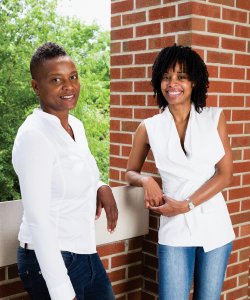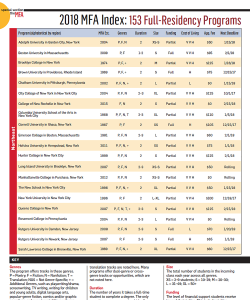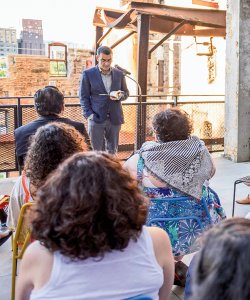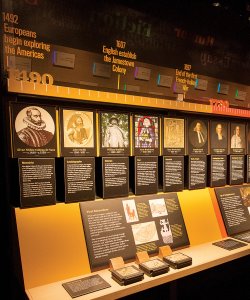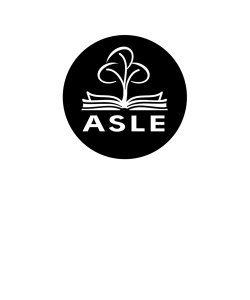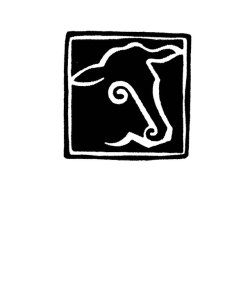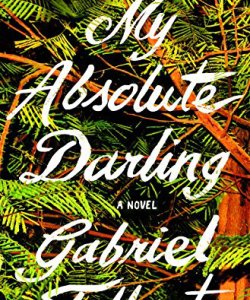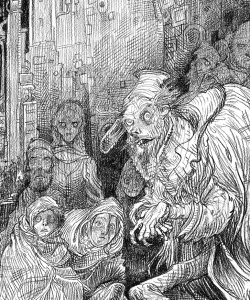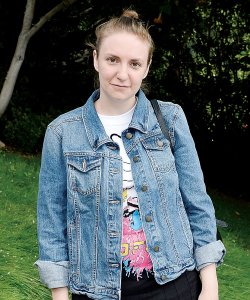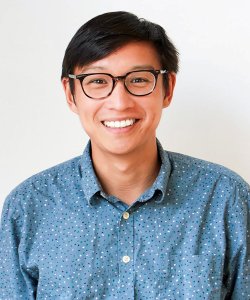
Our annual MFA Issue features a special section on graduate programs in creative writing, including a comprehensive index of more than 200 full- and low-residency MFA programs; an interview with Salman Rushdie on his new novel, The Golden House; a conversation between poets Dawn Lundy Martin and Nicole Sealey; a Q&A with Lena Dunham on her new book imprint; a look at the best debut literary nonfiction of 2017; more than 110 upcoming contest deadlines; and more.







